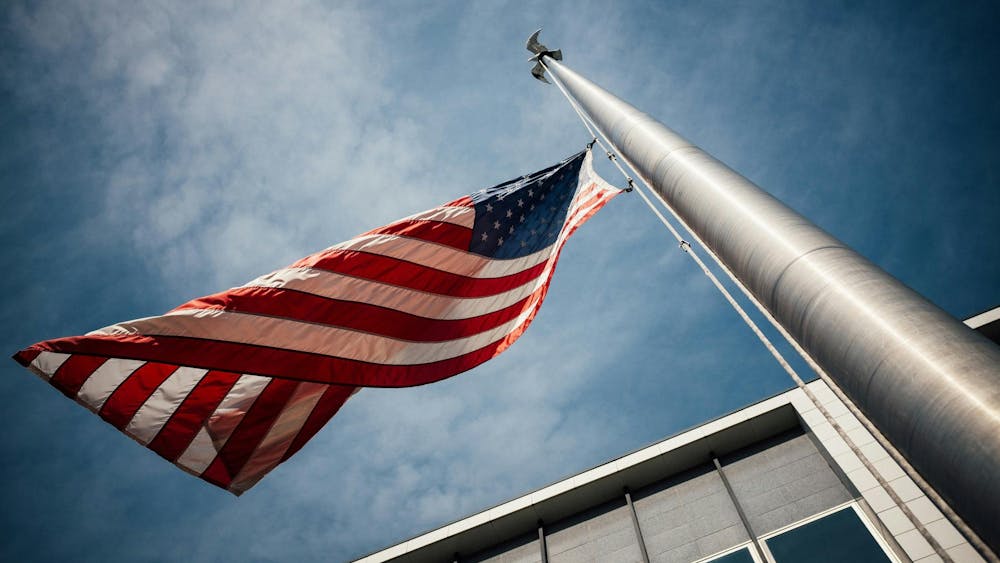In my sophomore year, I was forced into a Friday afternoon class for a minor requirement. This class, entitled “Local Flora” seemed, at minimum, to be a waste of a Friday afternoon and, at its worst, a class full of brainless yet time-consuming memorization. What could be the point of learning to name the plants of Northern Indiana? In my naivety, I thought there could be no practical implications or even a meaningful takeaway this class could offer. I was wrong on both parts. This past summer, I had the best internship I could ask for: I interned at a zoo! One of the jobs I assisted with was collecting browse, the natural plants and trees that animals eat, from different areas on the property. Each animal, from the orangutans to the rhinos, has specific flora they could and couldn’t consume. While other zookeepers and interns had to rely on identification apps, I was surprised at how much I could identify based on this one sophomore-year class. In this most unexpected way, knowing the names of nature helped me thrive at my internship. At a deeper level, this internship reignited the larger-scale question I first pondered while taking “Local Flora.” Could nomenclature be beneficial beyond knowing the practicality of what is safe to eat and what isn’t? I have the confidence that it can be. Our lack of desire to learn the names of nature exemplifies and explains the disconnect between humanity and the Earth. Only by learning the names of nature can we restore this relationship. When getting a pet, a stuffed toy or even a car (shoutout to my car Benny), we feel the urge to name it. This name creates a bond between us and the object of the name. By giving non-humans names, we personify them to increase emotional attachment and meaning. This is obvious for names that we do not choose as well. Look around the room you are in. Most of us can name every single item around us. Pen. Lamp. Desk. Chair. These items have names because we value them. We need a pen to write, a lamp to see, a desk to work at and a chair to rest. Now move outside. What is the name of that little black bug crawling on those black berries all around the lake? What about the name of that plant, the one with the purple stem? How about the name of the tree outside your dorm that you walk past daily? This fauna and flora benefit us by producing the food we eat and the oxygen we breathe, yet we do not clearly see these benefits, so we do not learn to name them. Because we do not name, we do not notice. Our lack of awareness of our external surroundings is only heightened by the extreme awareness we have of our indoor life. If your roommate changes the pattern of the rug in your dorm room, you are sure to recognize the change. If someone were to pull up a tree near God Quad and replant a different species, would you notice? I doubt I would. If we look at what we name, knowing that names create a sense of attachment, it is clear that humans do not feel as attached to the Earth as they do to the material things we make. I could not name 20 species of bugs, of which there are nearly a million, while I could easily name 20 brands. By taking the time to learn the names of lifeforms we see daily, we will be more mindful of our outdoor world. Maybe we will be able to notice when the once prevalent native woodland pink root slowly disappears throughout Indiana, or when our common nightcrawlers become overtaken by invasive jumping worms. By naming the plants and animals we encounter daily, we can develop a kinship with them and not only notice when their presence is changed but feel for them and miss them. Through the threat of global warming and the continued pollution of our Earth, we have proven to care more about the consumption of human-made goods than the beautiful world that has evolved for so long without the presence of humans. By learning to name nature, we will be able to connect with this outdoor world we have ignored for so long and maybe even develop a desire to fight for it.
Kaitlyn Donton
class of 2024
Oct. 30









